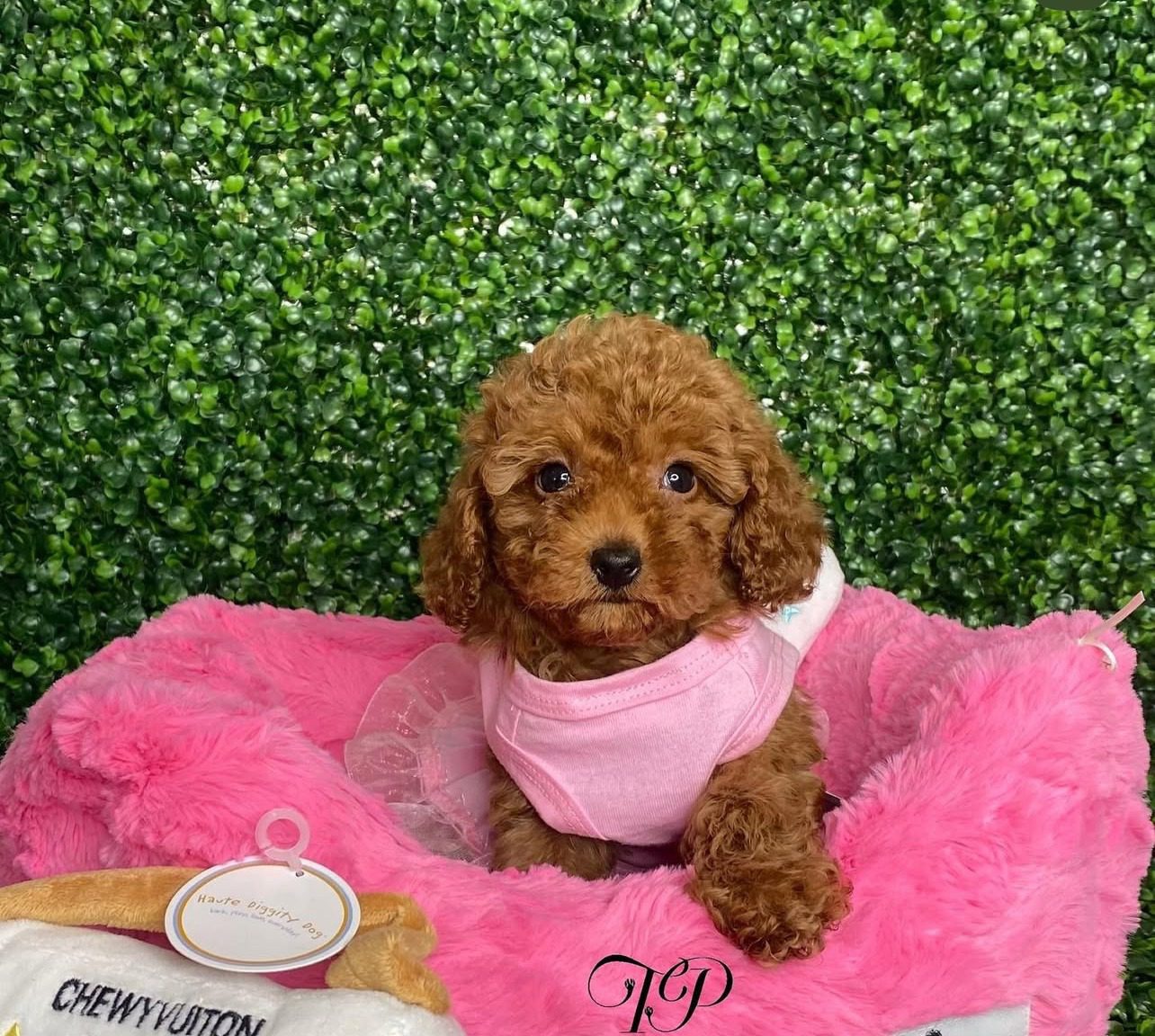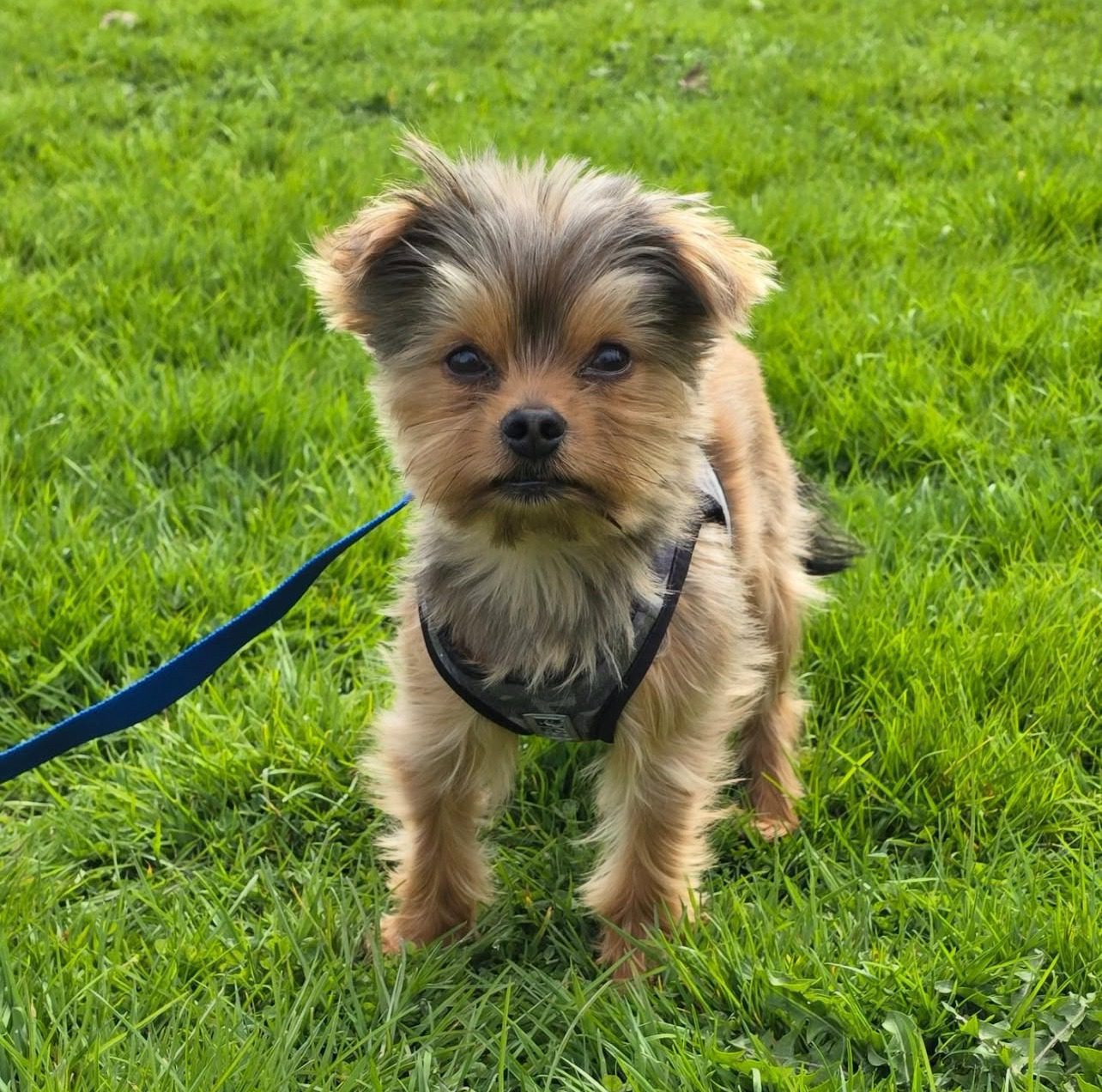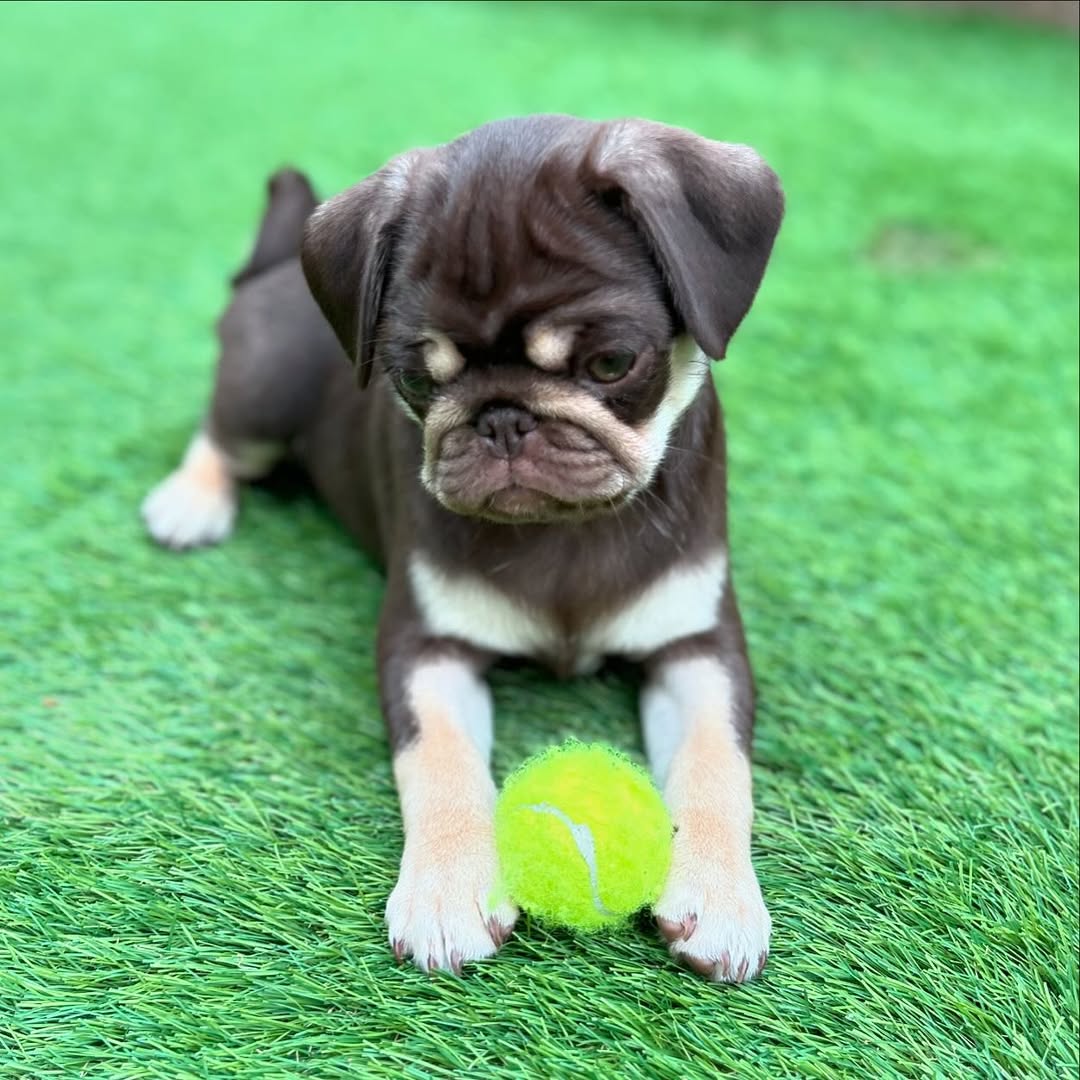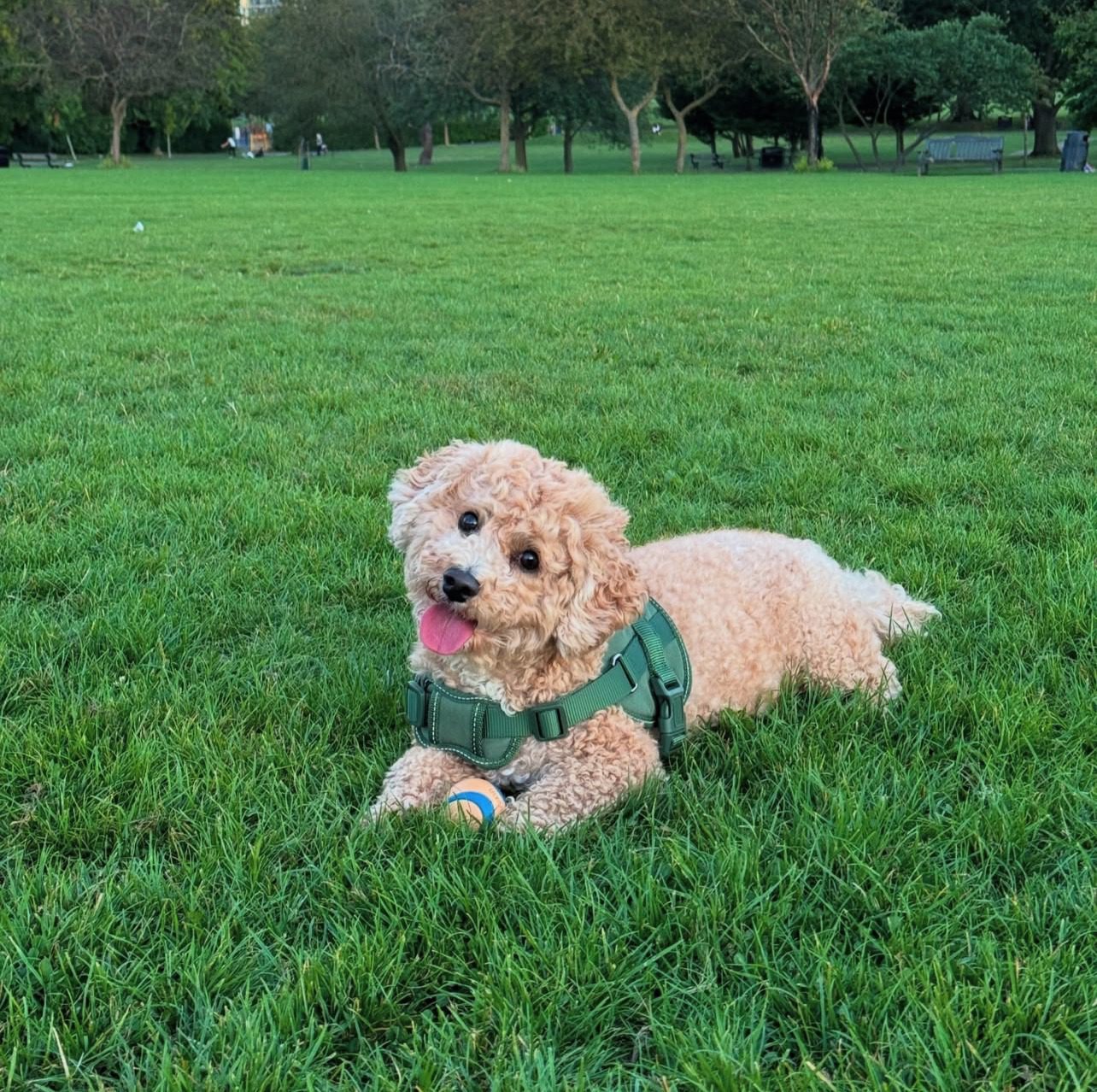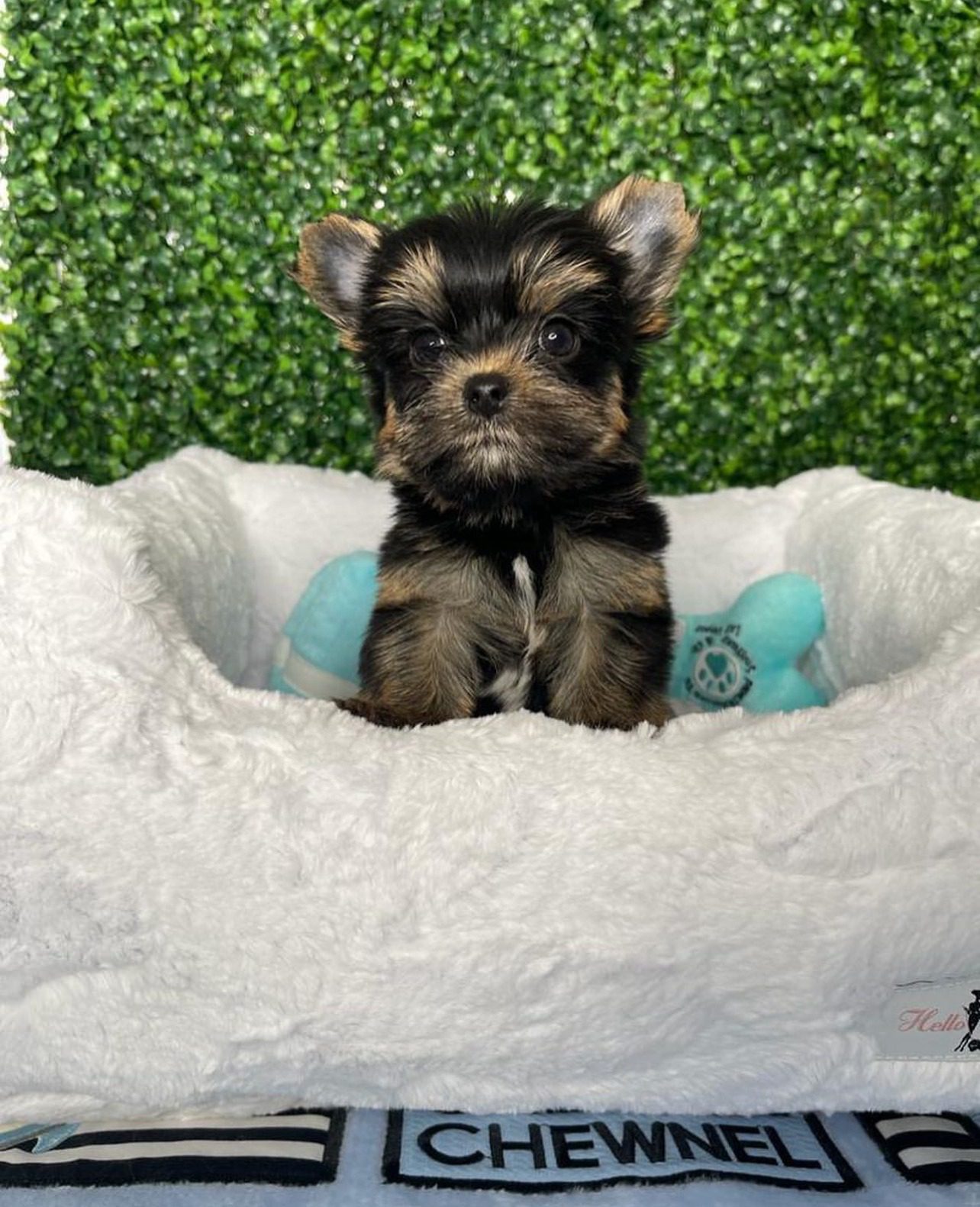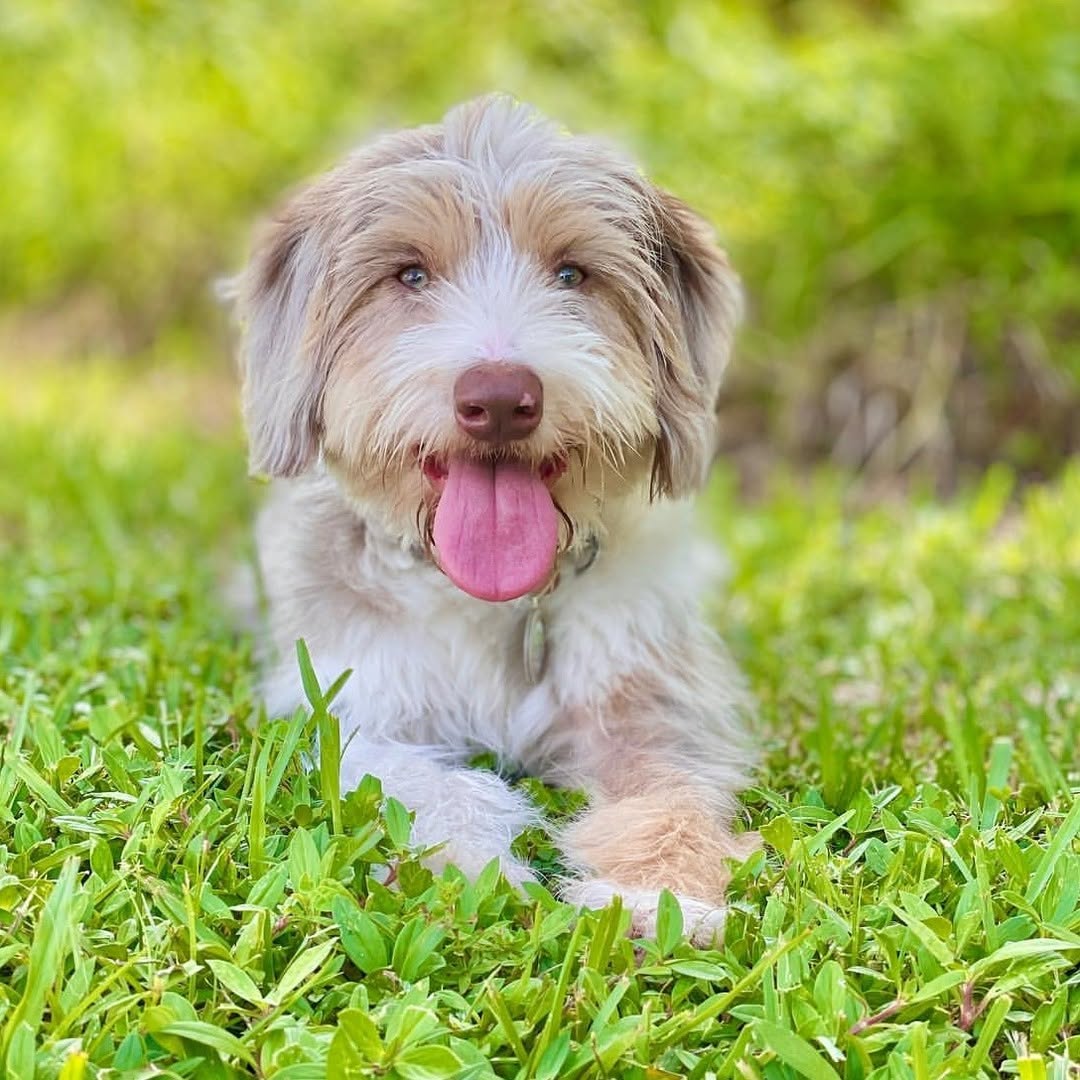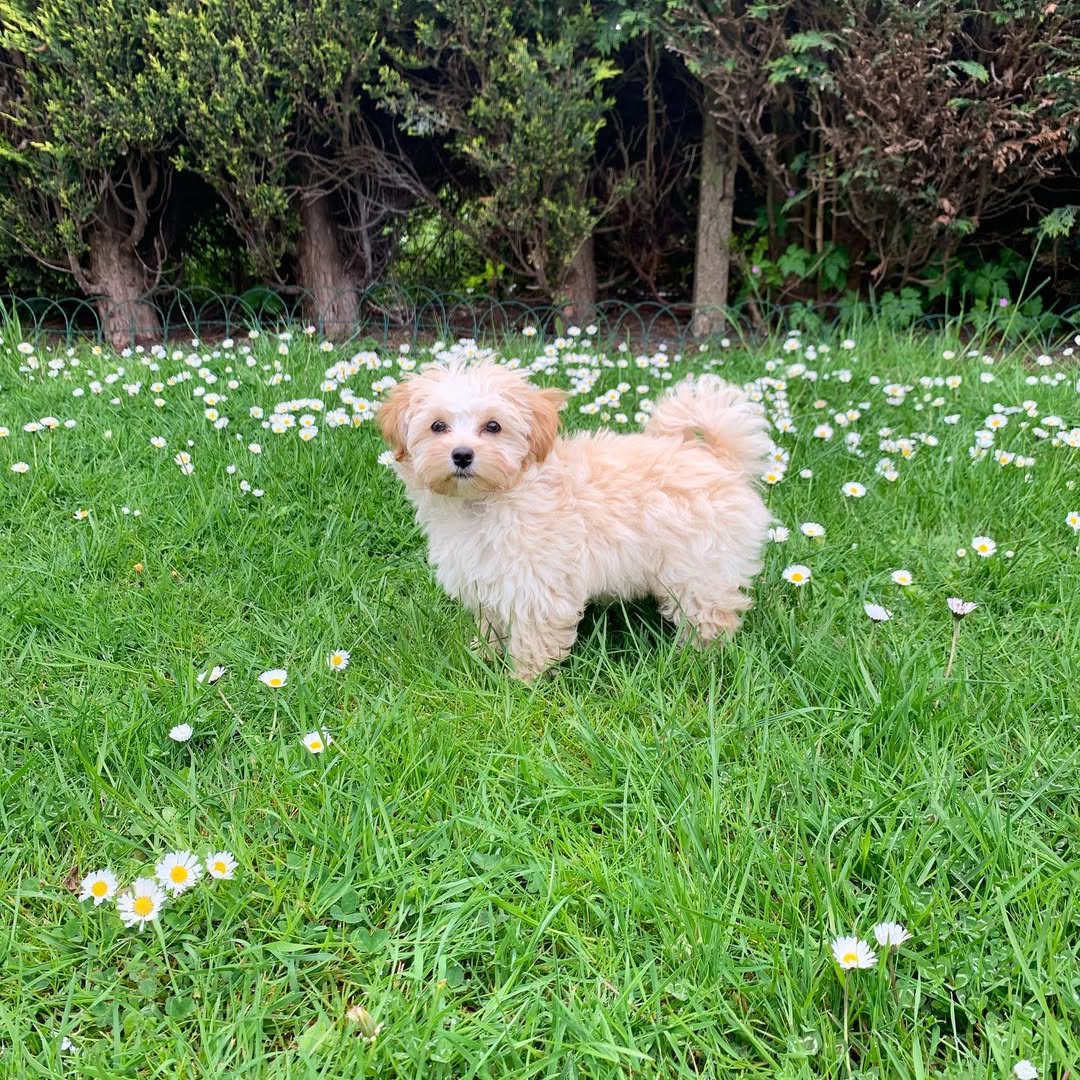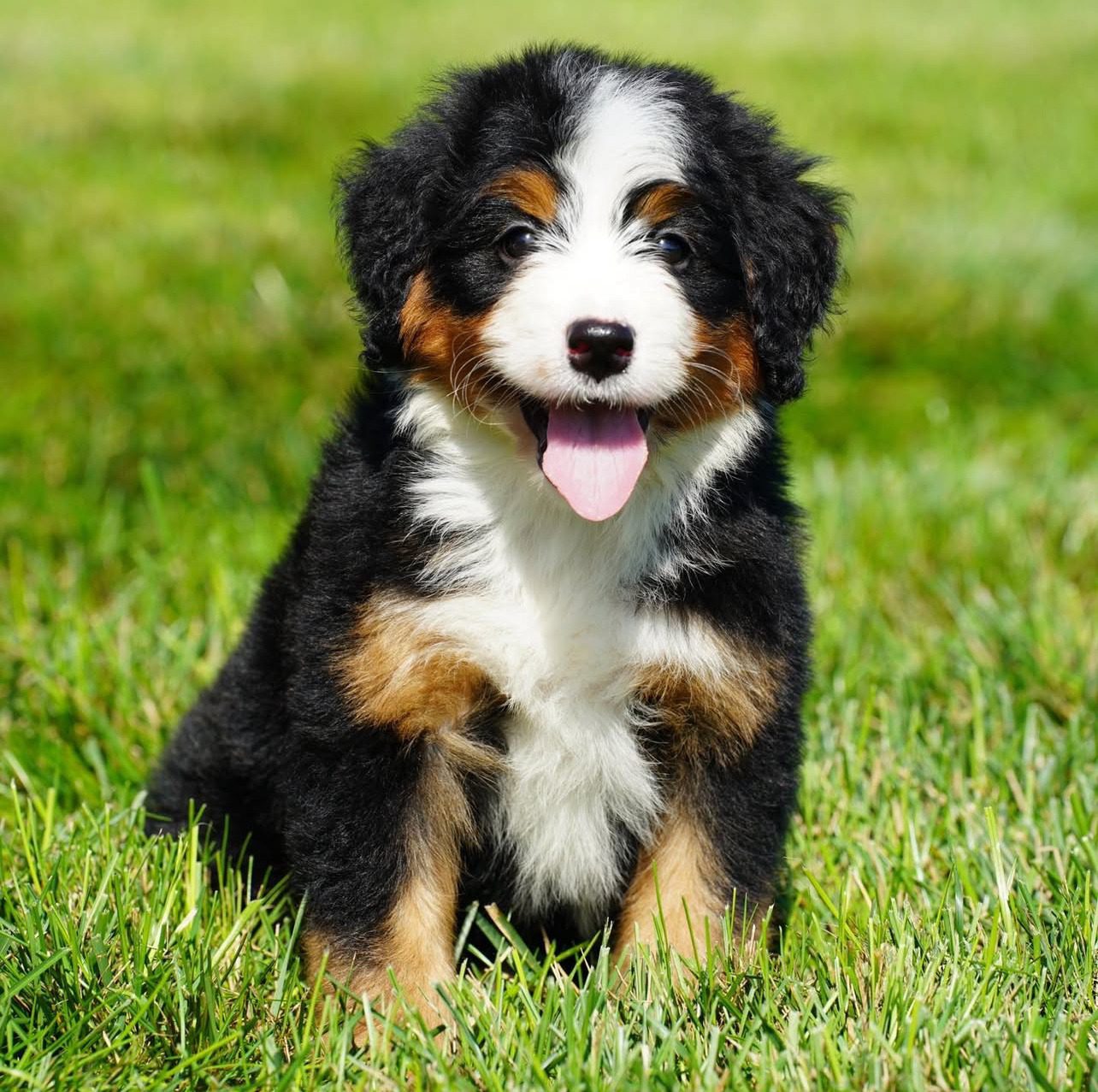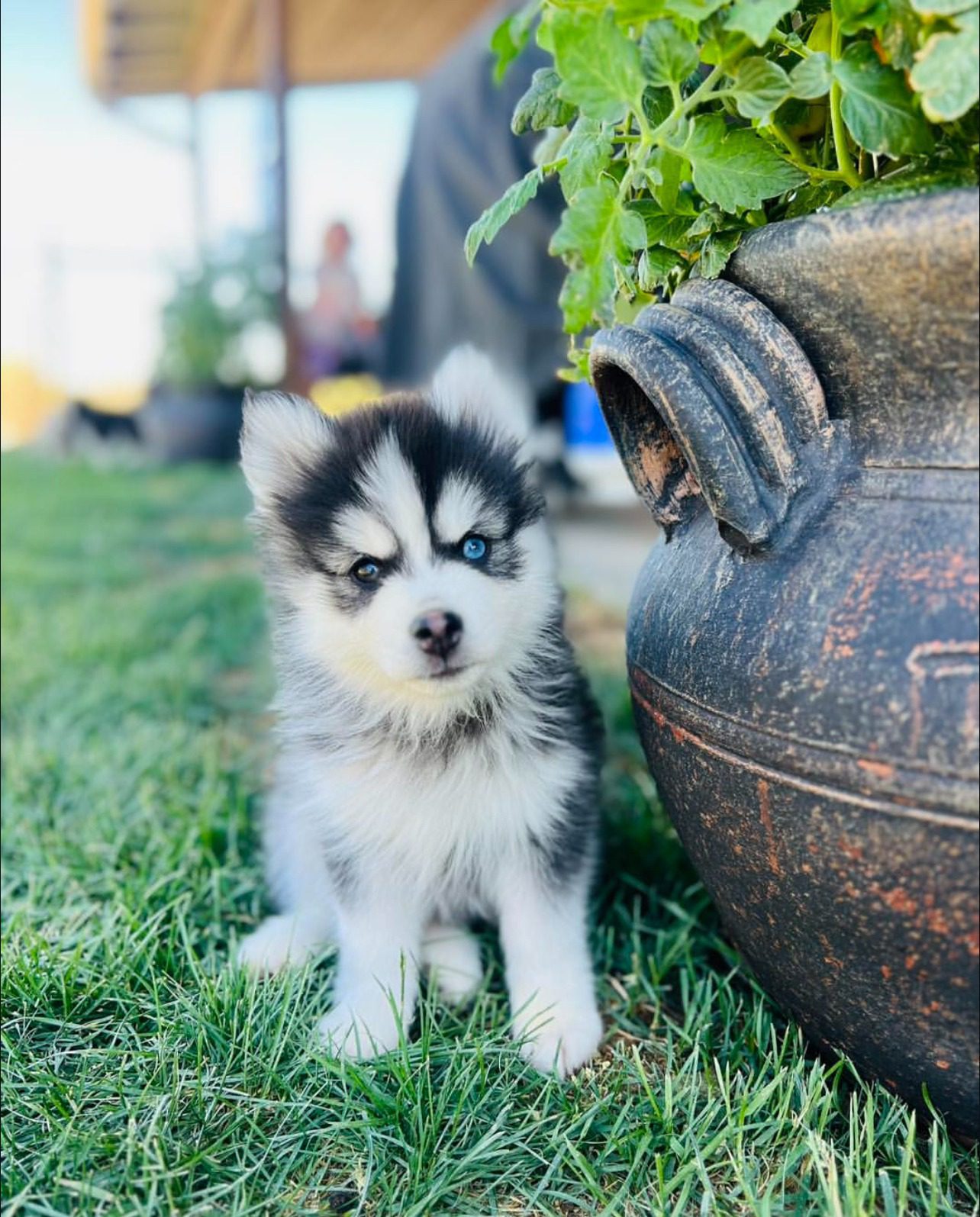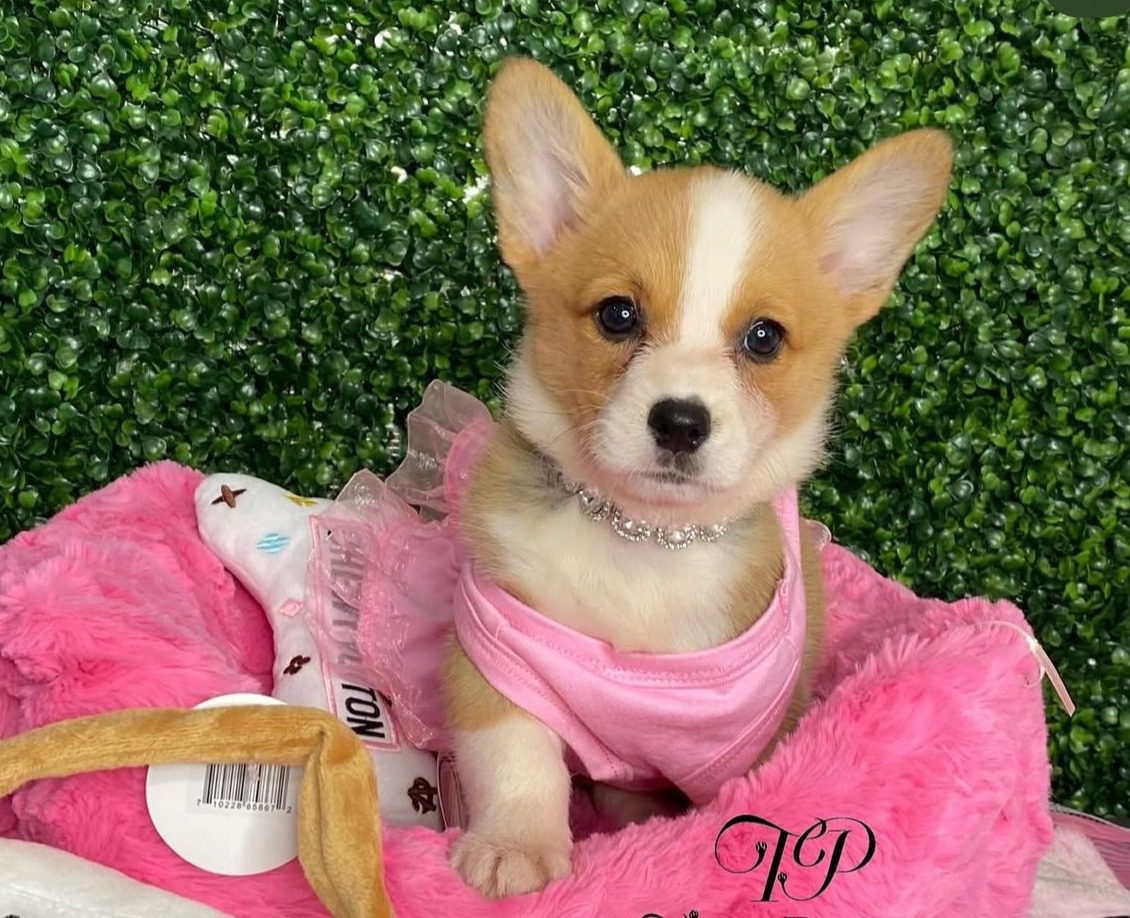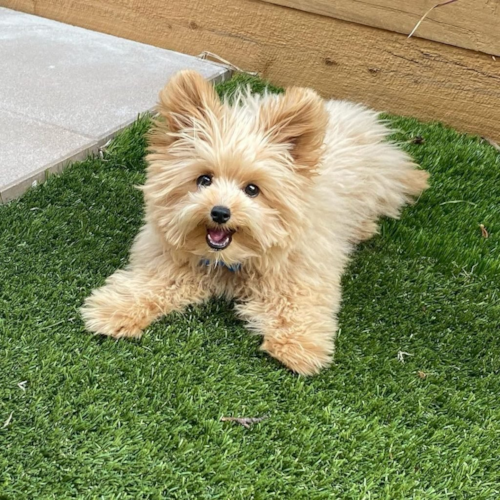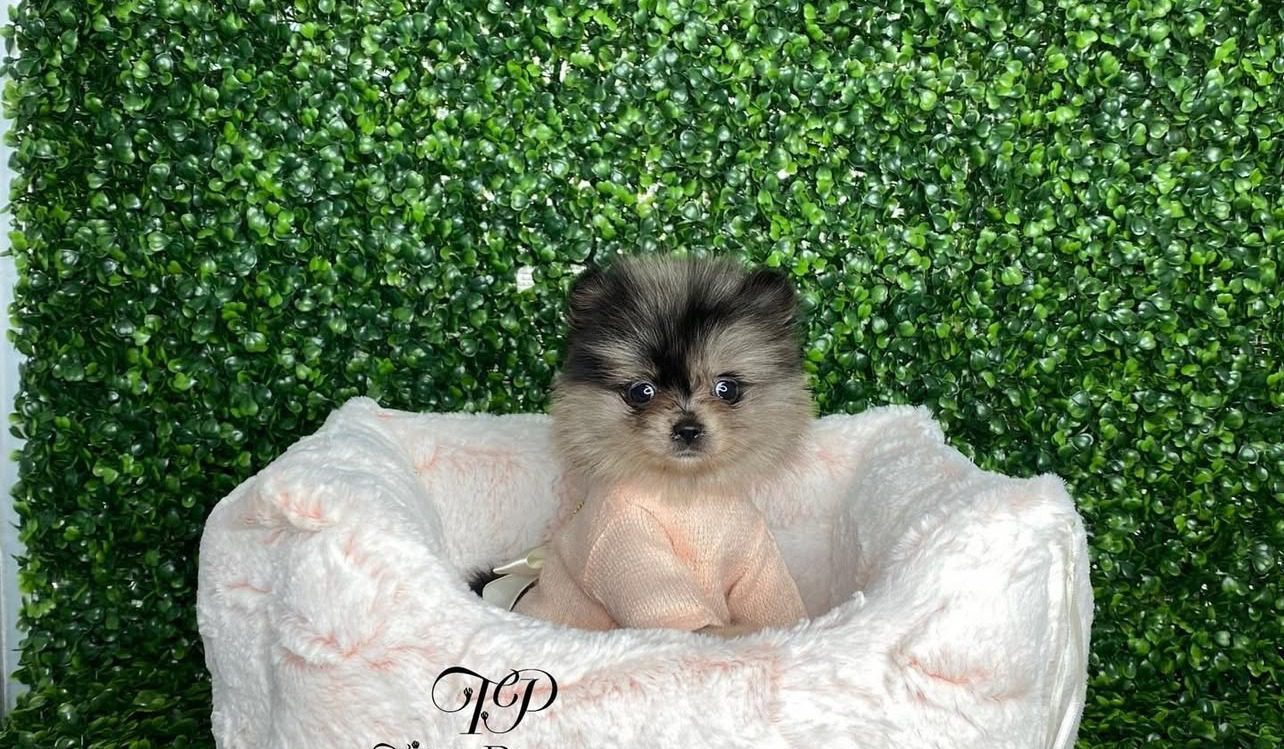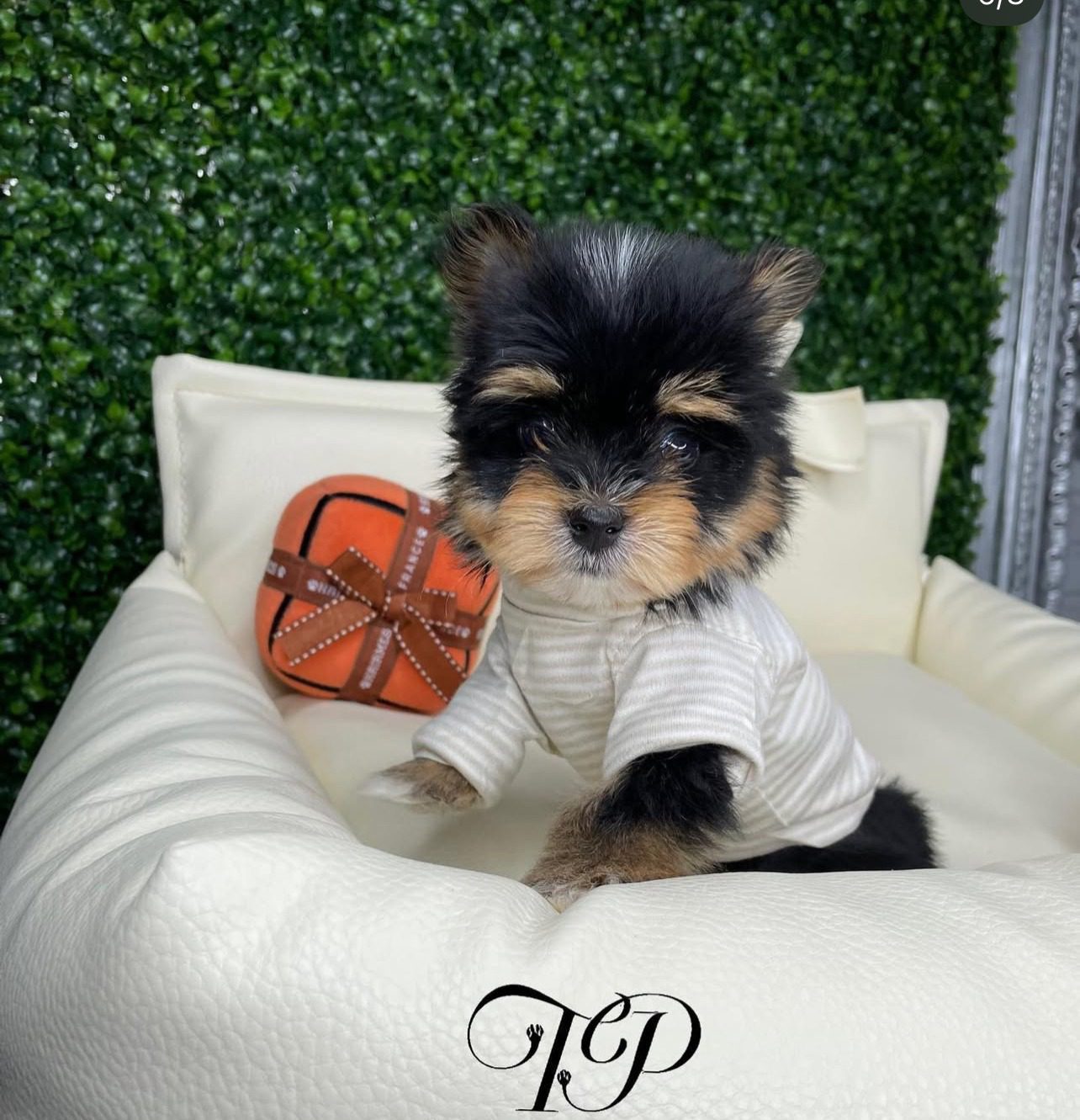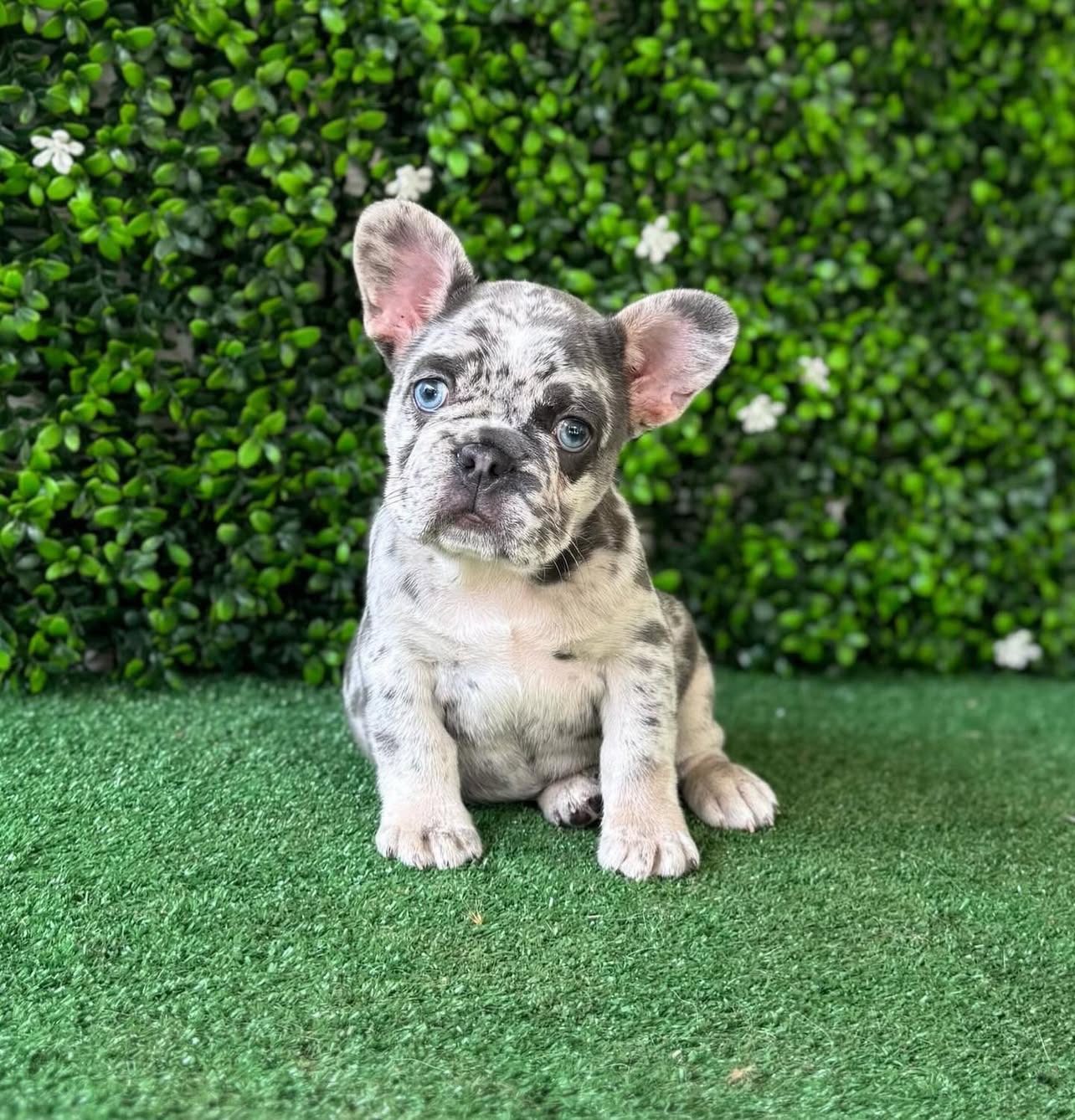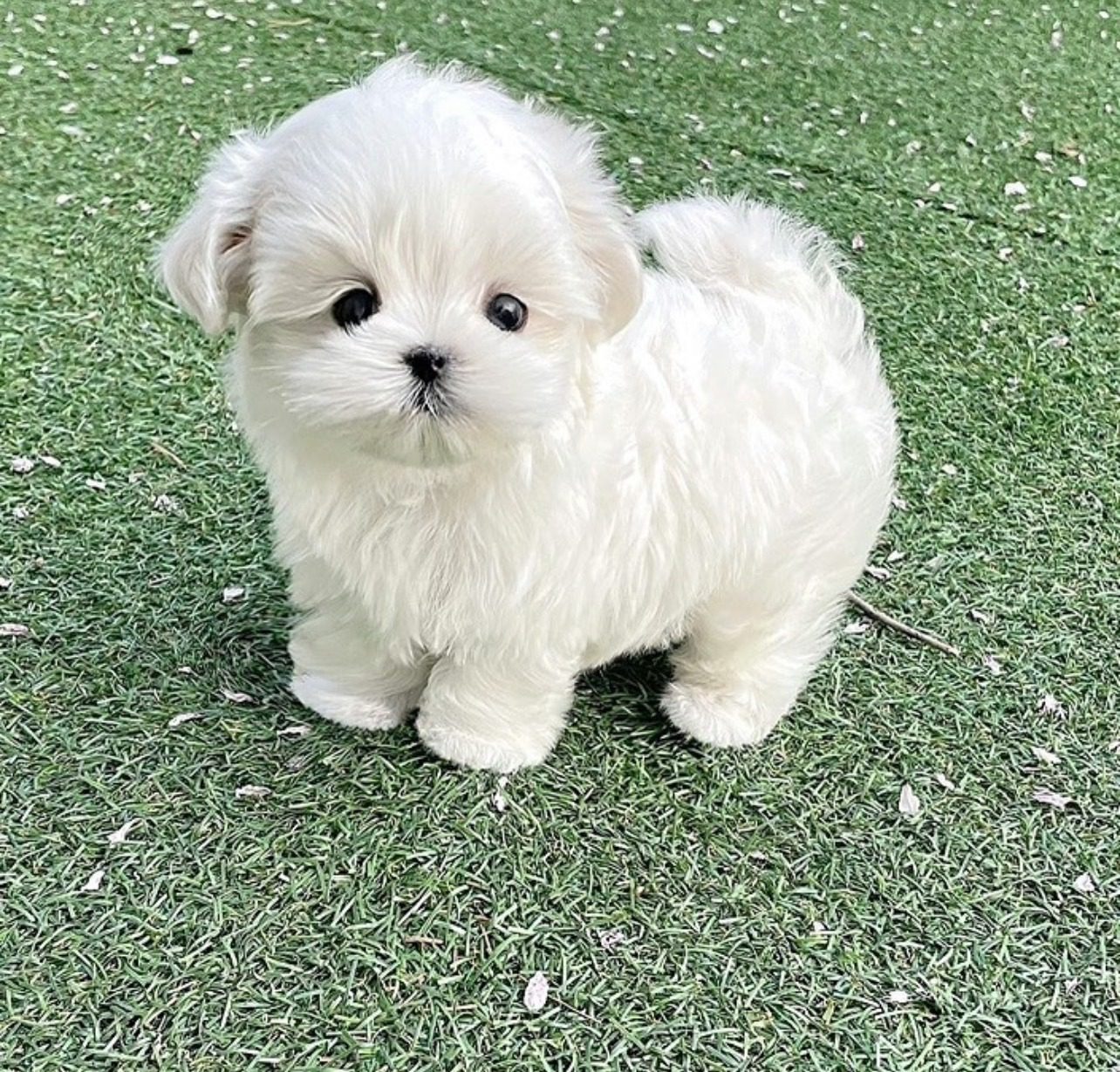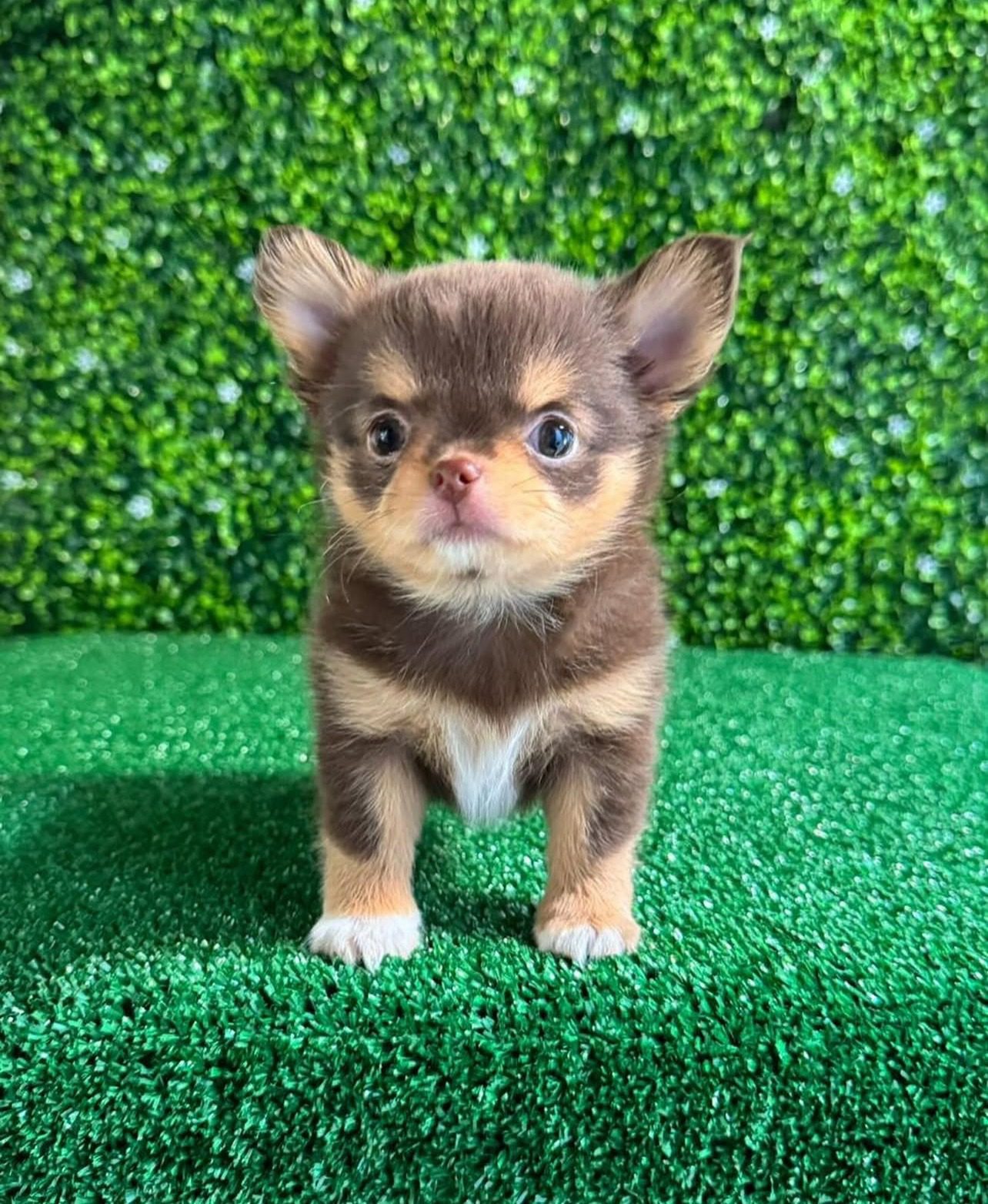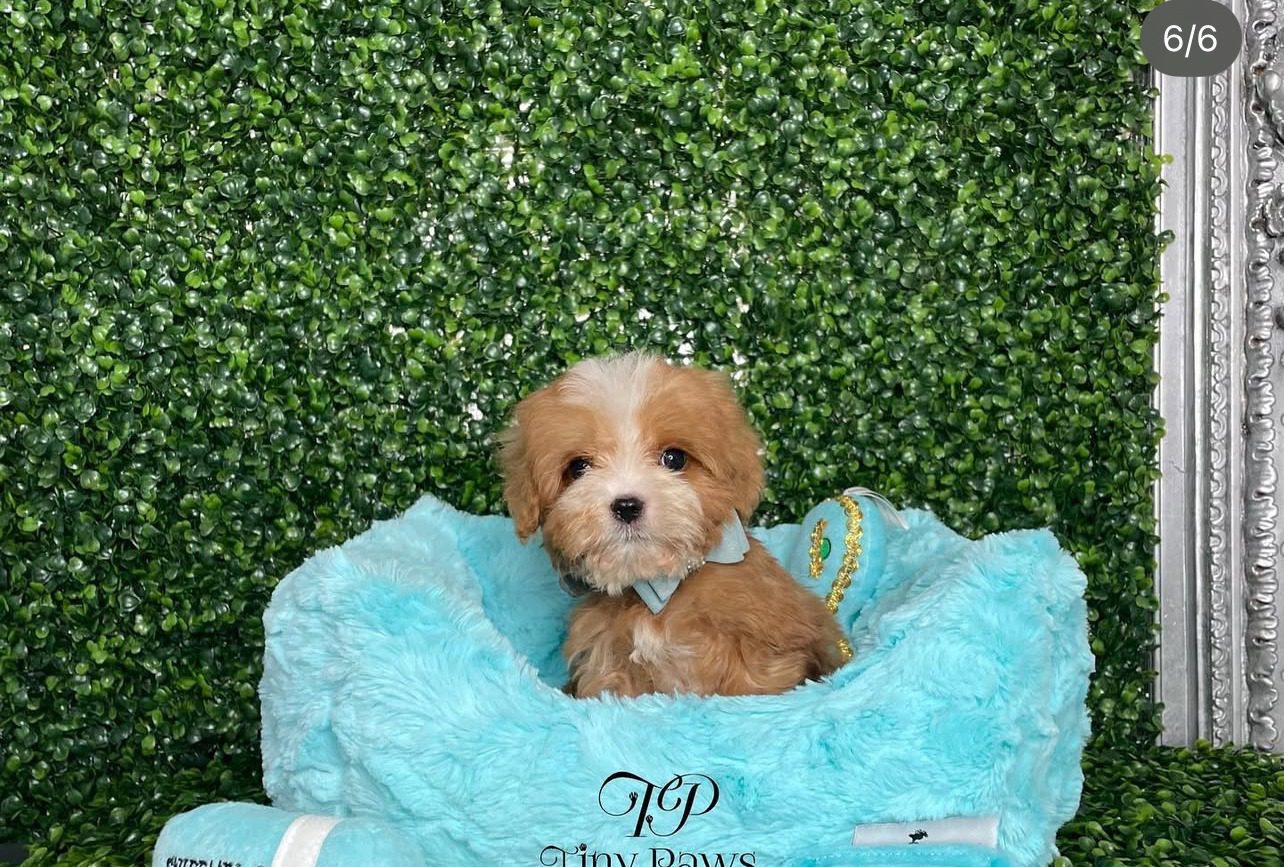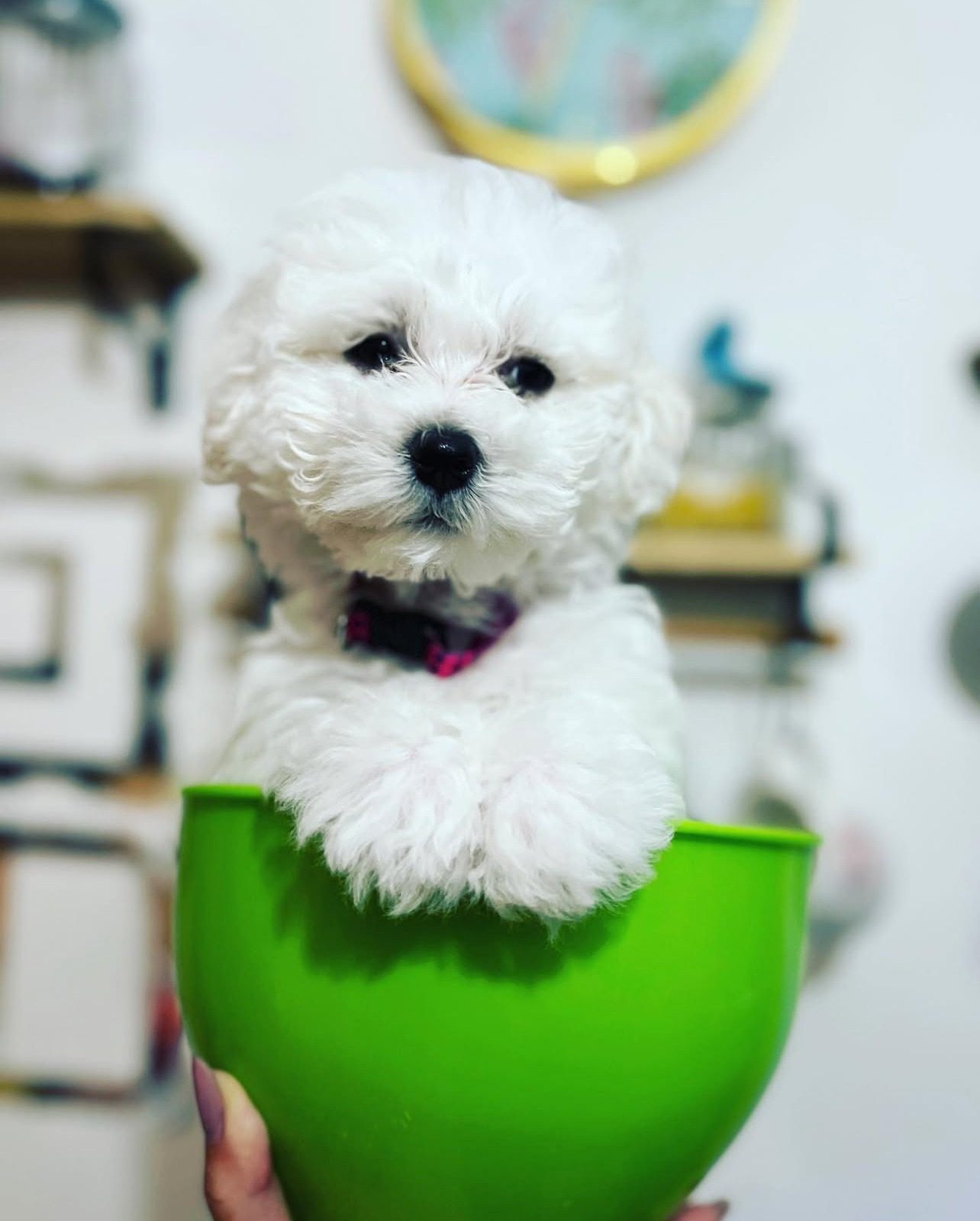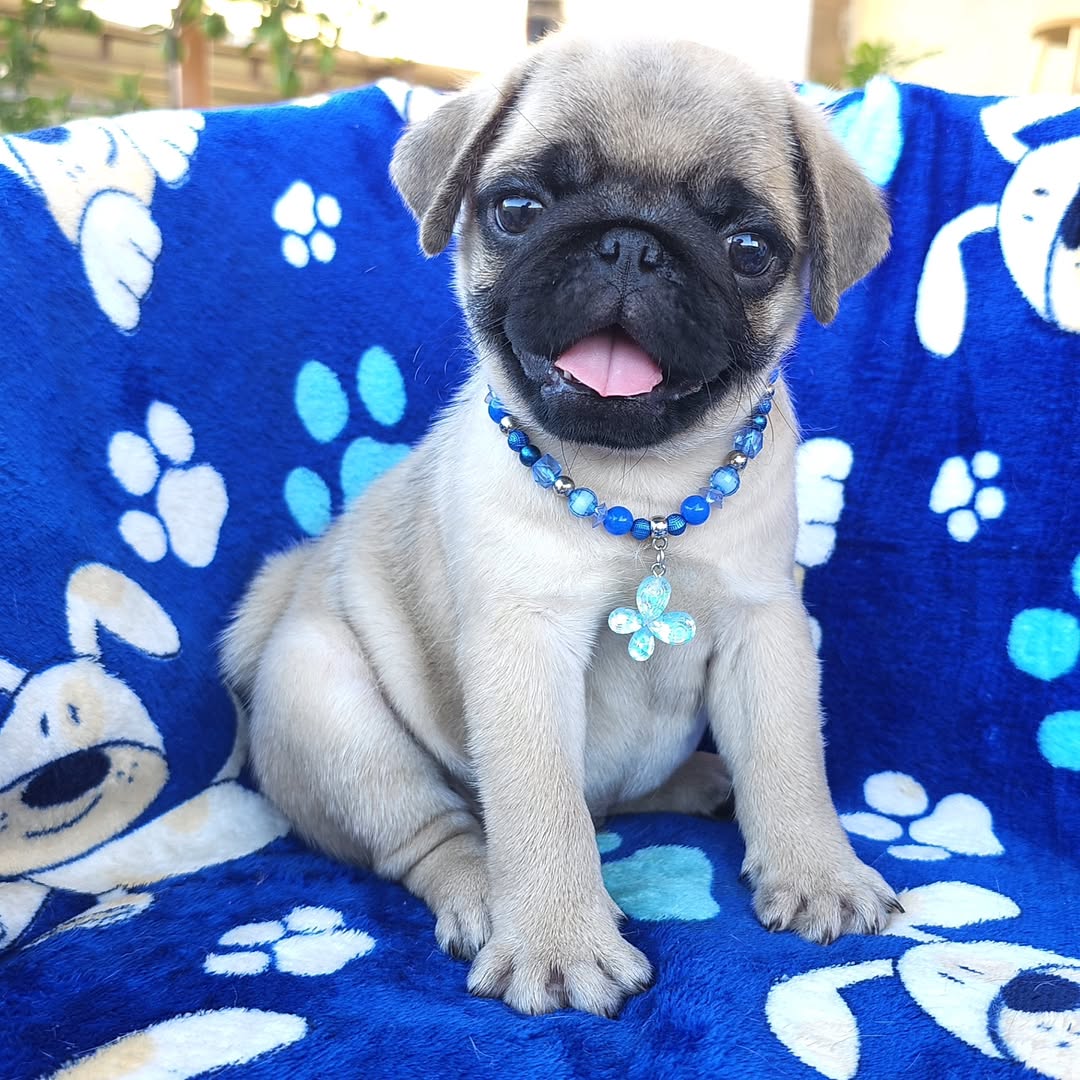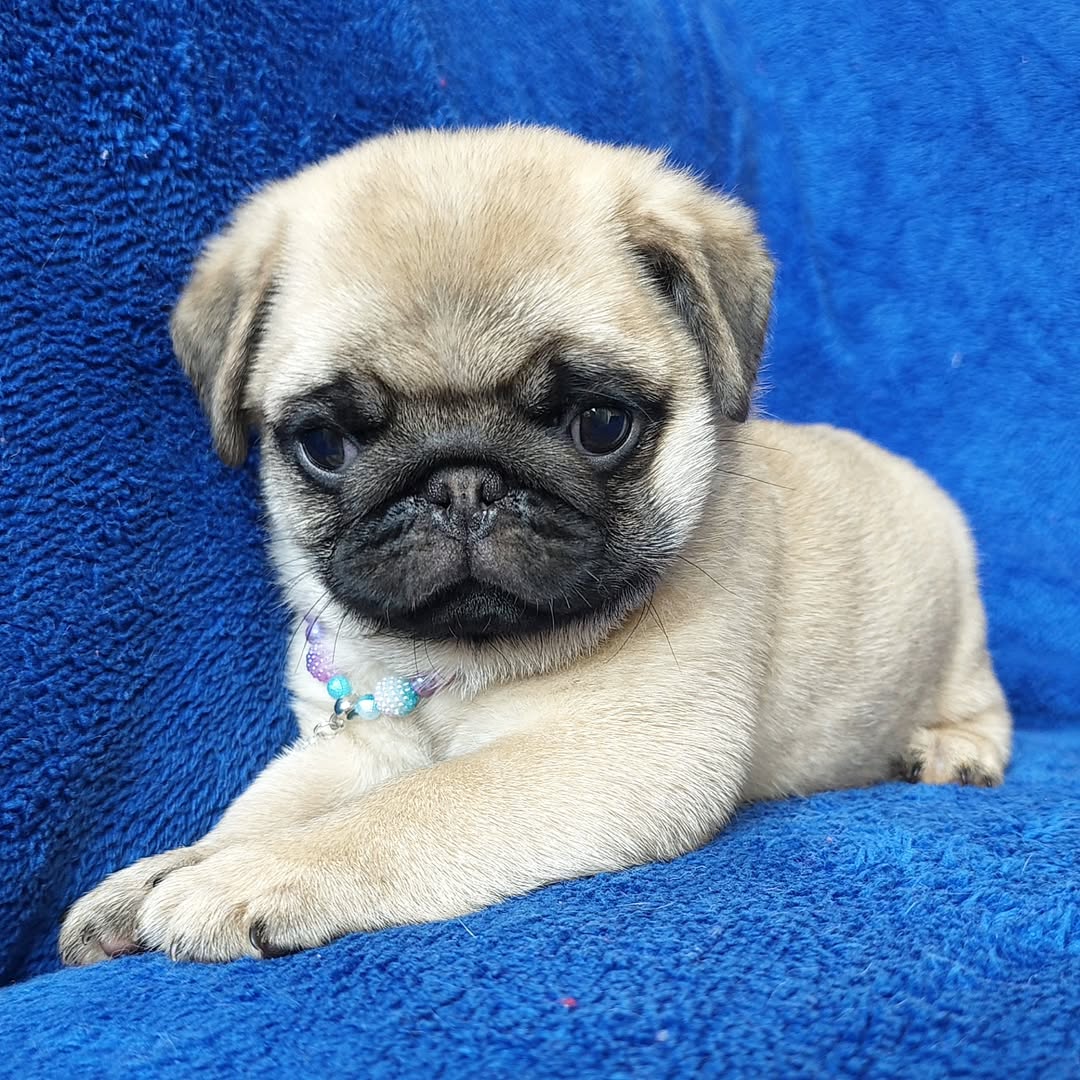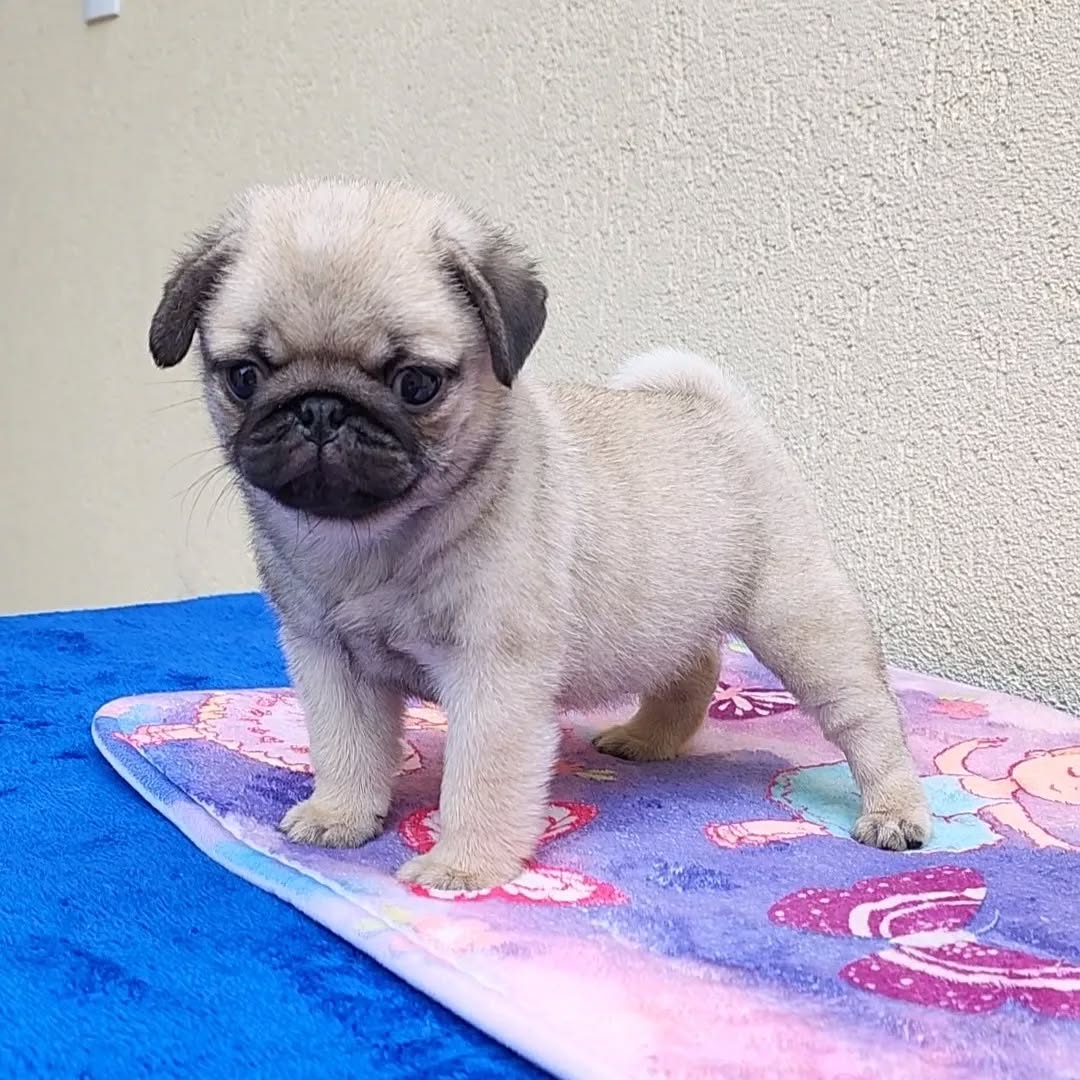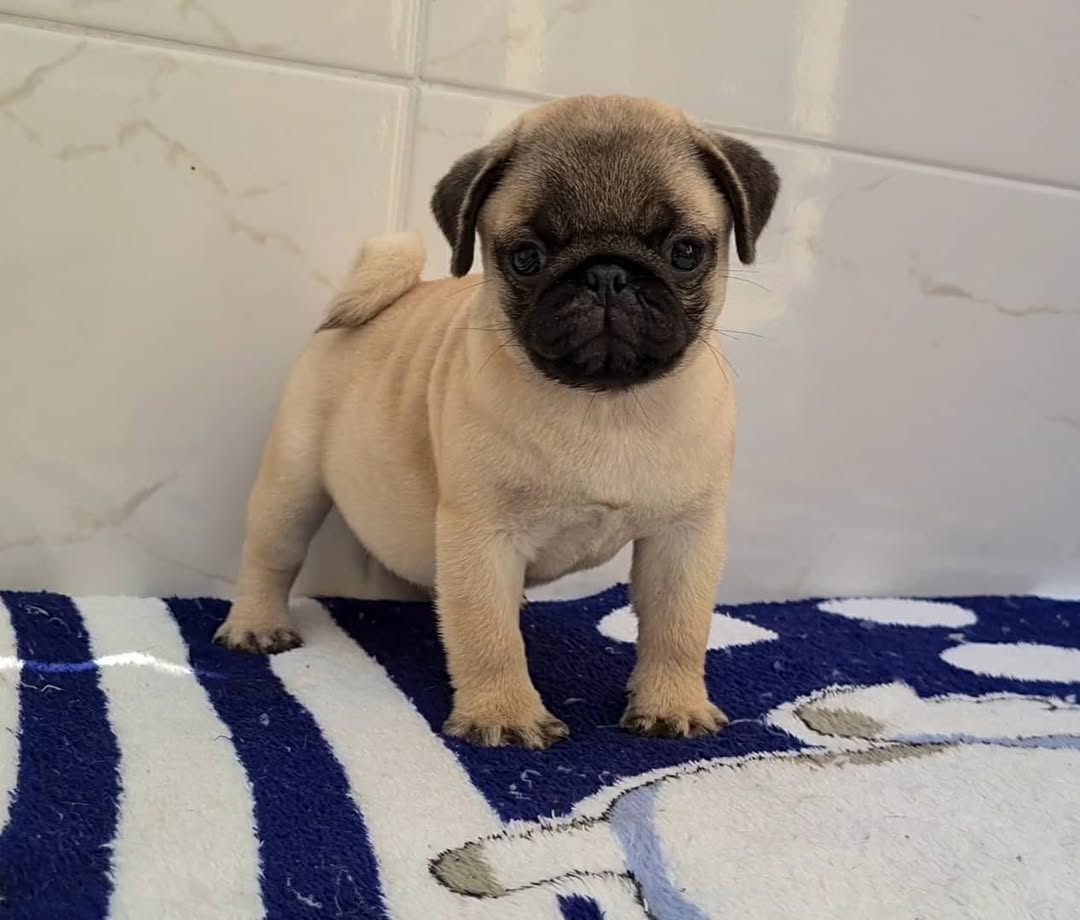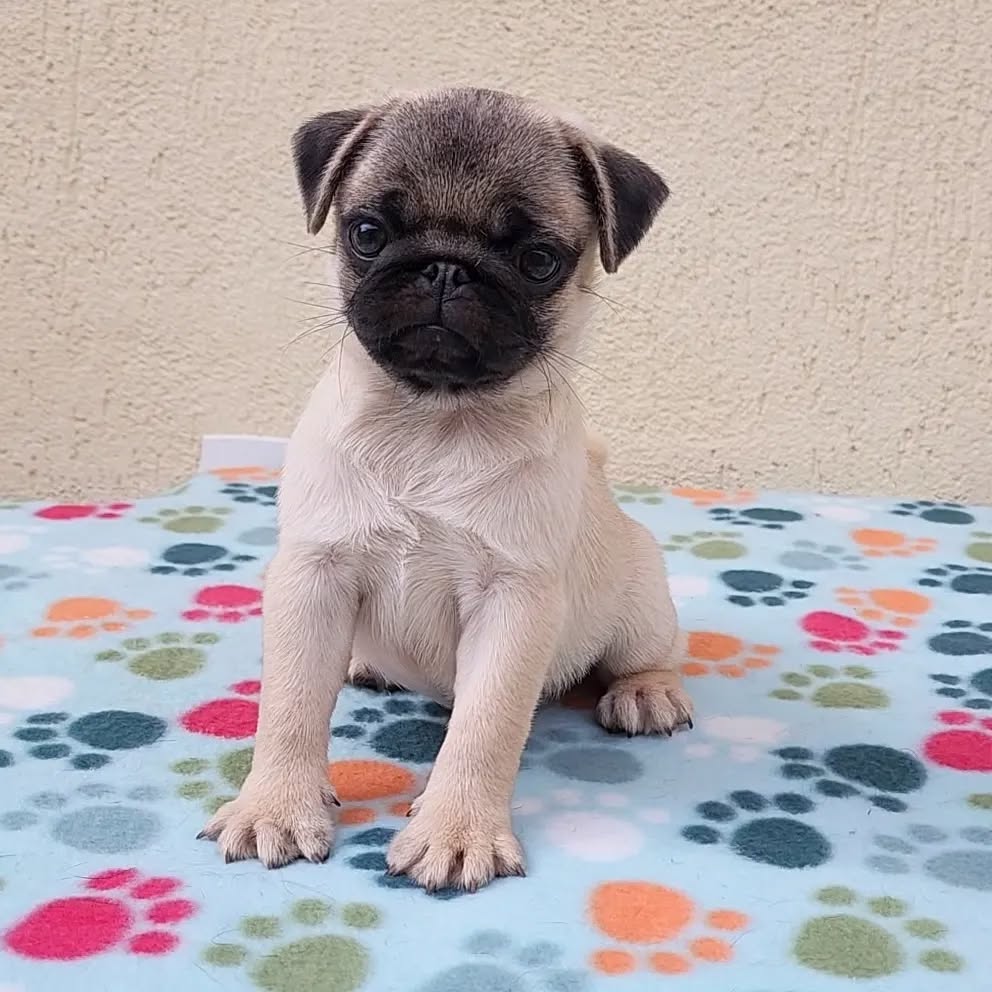Teacup Pug Puppies
Adopt a delightful Pug puppy at Premium Teacup Puppies and welcome a loving, playful, easygoing companion into your home. Our Pug puppies for sale are loved for their cheerful, gentle nature and charm, making them an excellent choice for families, couples, singles, and seniors. Known for their loyalty, Pugs bond deeply with their humans and enjoy staying close, whether for a cozy day on the couch or a stroll around the neighborhood. These affectionate little dogs are gentle and patient with kids of all ages and bring joy to every moment with their lively, fun-loving personality. With their sweet, even temperament and eagerness to please, Pugs spread warmth and laughter wherever they go. Find your perfect, cuddly Pug puppy at Premium Teacup Puppies today and experience the joy of having a devoted friend who’s always by your side.
Premium Teacup Puppies For Sale
Is ‘Teacup Pug’ an actual breed variation recognized by kennel clubs? No, the AKC and other major kennel clubs recognize only one standard size for Pugs (typically 14-18 pounds). ‘Teacup,’ ‘Mini,’ or ‘Pocket’ are unofficial marketing terms used by some breeders for Pugs deliberately bred to be significantly smaller, which raises serious health and ethical concerns.
How much smaller is a ‘Teacup Pug’ compared to a standard Pug? Breeders marketing ‘teacups’ often aim for adult weights under 10 pounds, sometimes as low as 5-8 pounds. This is substantially smaller than the 14-18 pound standard and achieved through practices that often compromise health.
Do Teacup Pugs have worse breathing problems (BOAS) than standard Pugs? Yes, almost certainly. Pugs are already severely brachycephalic (flat-faced) and prone to Brachycephalic Obstructive Airway Syndrome. Miniaturizing them further restricts their already compromised airways, leading to potentially life-threatening respiratory distress, severe exercise intolerance, and extreme heat sensitivity.
What specific health risks are drastically increased in Teacup Pugs? Beyond severe BOAS, they face heightened risks of hypoglycemia, hydrocephalus, open fontanels, collapsing trachea, heart defects, liver shunts, severe dental overcrowding in tiny jaws, spinal issues (like hemivertebrae, already common in Pugs), and extremely fragile bones.
Can Teacup Pugs regulate their body temperature effectively? No, this is extremely difficult for them. Standard Pugs already struggle with overheating due to breathing issues. Teacup versions, with less body mass and potentially even worse breathing, are dangerously susceptible to both hyperthermia (overheating) and hypothermia (chilling).
Is the lifespan of a Teacup Pug shorter than a standard Pug? Very often, yes. The combination of severe brachycephalic issues exacerbated by miniaturization, plus the additional health problems associated with ‘teacup’ size, frequently leads to a significantly shorter lifespan than the standard Pug’s 12-15 years.
How much exercise can a Teacup Pug safely tolerate? Extremely minimal. Due to severe breathing limitations, risk of overheating, potential spinal issues, and overall fragility, only very short, slow indoor “strolls” or extremely brief outdoor potty breaks in cool weather are advisable. Any exertion is risky.
Are Teacup Pugs suitable for families with children? Absolutely not recommended. Their extreme fragility (bones, spine, potential open fontanel) combined with severe breathing risks makes them highly unsuitable for homes with children, who could easily cause serious or fatal injuries accidentally.
Do Teacup Pugs still need their facial wrinkles cleaned? Yes, absolutely. Skin fold dermatitis is a common Pug issue regardless of size. Wrinkles must be cleaned and dried daily to prevent painful infections. This can be more challenging on a tiny, fragile dog.
What is the typical price for a Teacup Pug puppy? Prices are usually exorbitant, often ranging from $3,000 to $8,000 or more, driven by the misleading “rare” or “designer” marketing. This price reflects unethical demand, not health or quality breeding.
Do Teacup Pugs retain the charming, clownish Pug personality? While they might have the genetic predisposition for the Pug’s loving and comical nature, their severe physical limitations and potential constant discomfort or anxiety due to health issues can significantly overshadow their personality.
Why do responsible Pug breeders (like those in the Pug Dog Club of America) condemn breeding ‘teacups’? Reputable breeders focus on improving breed health within the standard, addressing existing serious issues like BOAS and PDE. Deliberately breeding for extreme smallness exacerbates these problems exponentially and is considered highly unethical due to the poor quality of life it creates.
Are Teacup Pugs prone to severe dental problems? Yes, extremely so. Fitting the standard number of teeth into a miniature jaw leads to severe overcrowding, malocclusion (bad bite), retained baby teeth, and a very high risk of early and severe periodontal disease. Diligent dental care is crucial but difficult.
What kind of daily special care does a Teacup Pug require? Constant monitoring for respiratory distress, hypoglycemia, and injury. Careful feeding schedules (frequent small meals), gentle handling only, maintaining a strictly temperature-controlled environment (cool, never hot), diligent dental care, and daily wrinkle cleaning are essential.
Are Teacup Pugs at higher risk for eye problems like proptosis (eye popping out)? Yes. All Pugs have prominent eyes vulnerable to injury and proptosis. The potentially more fragile structure of a ‘teacup’ could increase this risk. Careful handling and avoiding pressure near the head/neck are vital.
Is Pug Dog Encephalitis (PDE) a concern in Teacup Pugs? PDE is a devastating neurological disease specific to Pugs. While size itself isn’t directly linked, the overall poor health and potentially compromised genetics resulting from breeding for extreme size could theoretically impact susceptibility or resilience. Responsible breeders screen for health regardless of size.
What’s a healthier alternative if I like Pugs but want a smaller dog? Consider a well-bred Pug from a reputable breeder focusing on health (wider nostrils, health-tested parents) who happens to be on the smaller end of the *standard* (e.g., closer to 14 lbs). Alternatively, explore other small companion breeds *without* brachycephaly for fewer inherent health risks.
Do Teacup Pugs shed as much as standard Pugs? Yes, Pugs are notorious shedders (“Pug glitter”). Size does not change their coat type or shedding level. Regular brushing is needed to manage the shedding.
Are Teacup Pugs easy to train? Pugs can be intelligent but notoriously stubborn and food-motivated. Training a teacup version requires extreme patience, positive reinforcement, very short sessions due to physical limitations, and awareness of their fragility (no rough handling or corrections).
Can Teacup Pugs use stairs or jump on furniture? Absolutely not. This is extremely dangerous due to their fragile bones, risk of falls, and the high prevalence of spinal issues like hemivertebrae in the breed. Ramps must be provided for any elevation changes.

